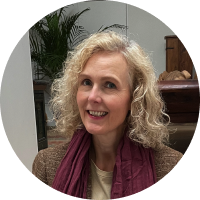Common grammatical mistakes made in English: which versus who.
Learning a language is a process of trial and error. Of course, as a non-native speaker, you will occasionally make mistakes; you can't avoid that.
But if you become aware of some common mistakes, you will be one step closer to professionalising your business English.
A common grammatical error made in English by non-native speakers is the use of which versus who.
Which versus who
Which and who may be similar when it comes to meaning, but there is a very important difference in usage.
Who
Who is used for people, either male or female:
- They are that people who want to buy our company.
- The new director, who started on Monday, is doing great.
Which
Which is used to describe things, objects and other living beings such as animals and plants:
- I bought a new car which was made in Germany.
- That dog, which is a labrador, is mine.
Example
- Wrong: *A person which is coming to my office.
Right: A person who is coming to my office. - Wrong: *My sisters which are living in Germany.
Right: My sisters who are living in Germany.
More tips on English grammar and common mistakes in English? These articles might also interest you:
- English grammar: If versus when
- English grammar: Fewer versus less
- English grammar: For versus since
- English grammar: Much versus many
- English grammar: Good, well or right
- English grammar: To lay versus to lie
- English grammar: Present or Present Perfect
Do you need help improving your English grammar?
Do you need more targeted help or coaching in learning English grammar or avoiding common grammatical mistakes in English? Then you can contact one of our language coaches on Squidll to boost your English grammar.
Are you ready to get started? Create your account on Squidll, find a language coach who fits your needs and start today!
Do you want more tips on boosting your business English? Find out all our tips on our blog.



